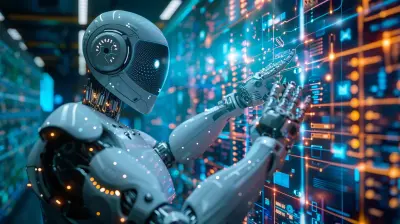The Impact of the Scientific Revolution on Human Progress
22 August 2025
Ever wondered what flipped the switch on modern human existence? What launched us from medieval superstition into an age of technology and reason? Spoiler alert—it wasn’t aliens or divine intervention. It was something far more grounded, yet equally mind-blowing: the Scientific Revolution.
This period wasn’t just about guys in funny hats staring at the stars. It was about a radical shift in how we humans thought about the world around us. The Scientific Revolution shook the very foundation of belief, knowledge, and power, dragging humanity (sometimes kicking and screaming) into a new era of progress.
So, buckle up. You’re about to journey through time and ideas, discovering how this revolution changed everything: from how we live and learn to how we understand ourselves in the grand cosmic game.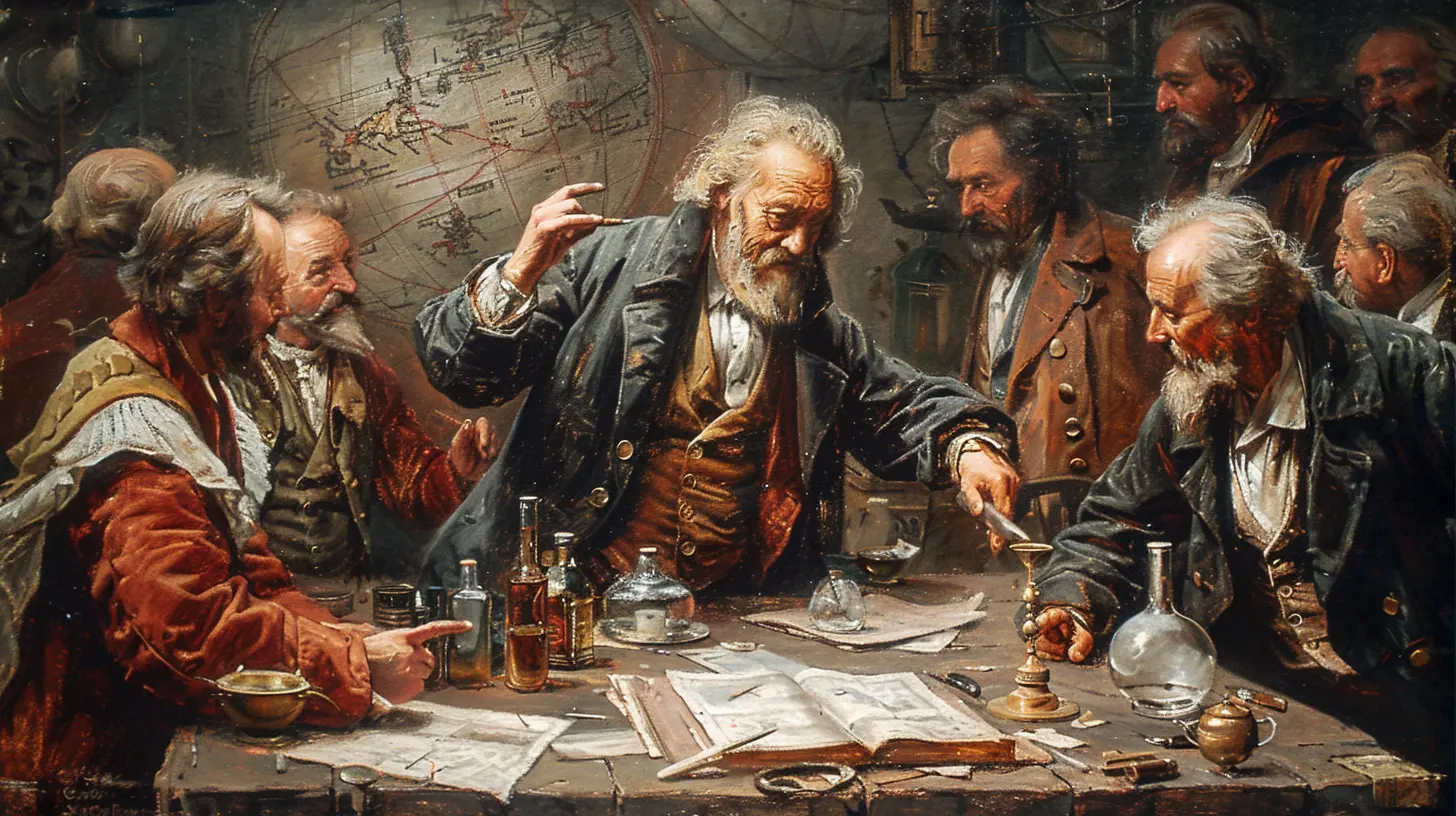
What Was the Scientific Revolution, Anyway?
Let’s clear the fog first.The Scientific Revolution wasn’t a single event—it was more like a storm that raged for over 150 years (roughly from the mid-16th century to the late 18th century). It swept across Europe, driven by thinkers like Copernicus, Galileo, Kepler, Newton, and others who basically reprogrammed the collective brain of humanity.
Before this revolution, most people believed Earth was the center of the universe, illnesses were caused by evil spirits, and alchemy could turn lead into gold. Yeah... not exactly science.
But then something remarkable happened: people began asking "Why?" and more importantly, "How?"
They stopped swallowing traditional beliefs whole and started testing ideas. Observation became king. Experimentation was its right-hand man. And skepticism? The new religion.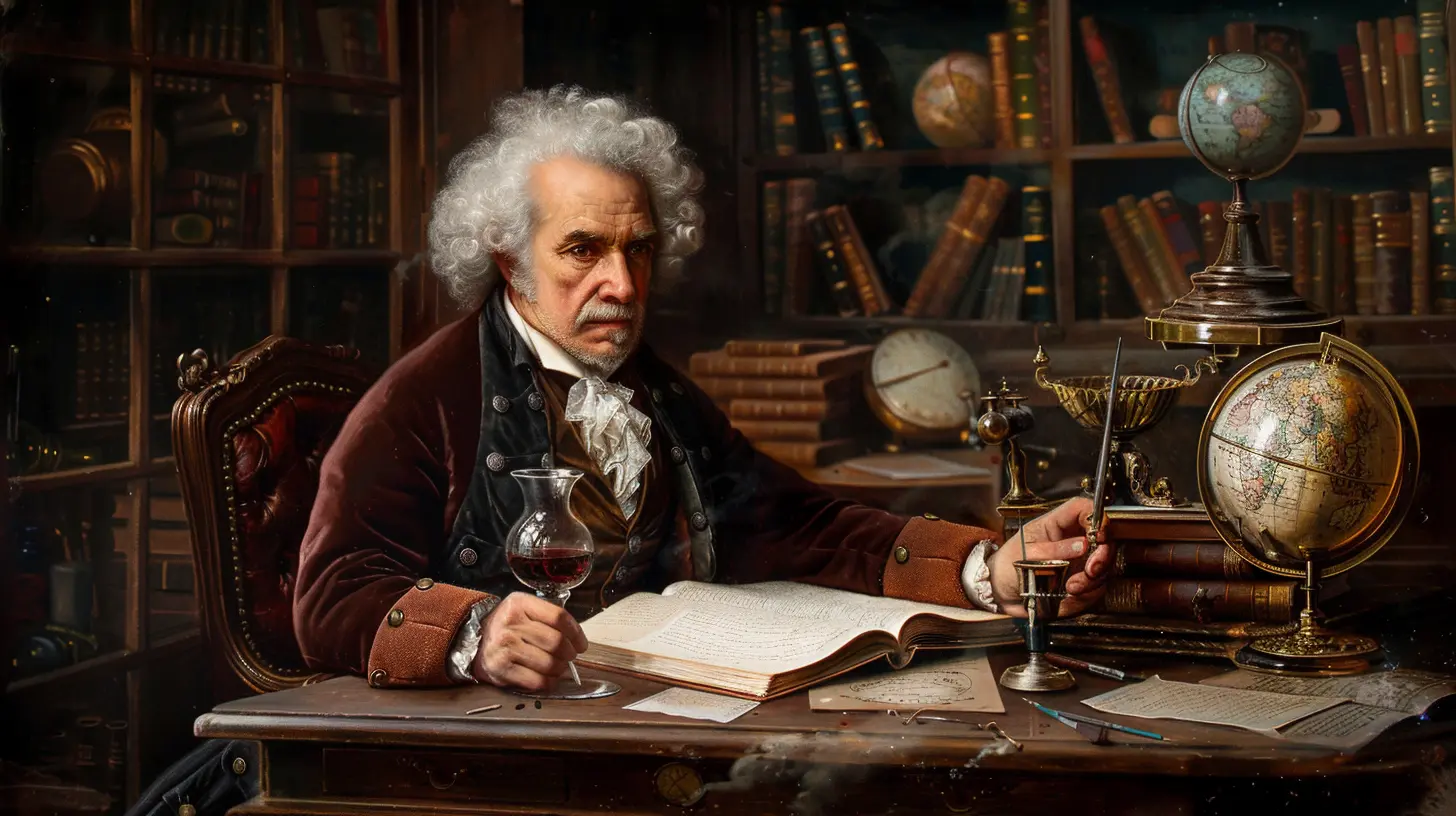
Breaking the Chains of Dogma—Thank You, Science!
Imagine living in a world where questioning the Church could get you burned at the stake. That’s the kind of mindset the Scientific Revolution had to fight against.In the Middle Ages, religious doctrine dictated everything. The Church’s interpretation of Aristotle's teachings was essentially law. But as scientific discoveries rolled in, that old framework started to crack.
Take Copernicus. When he suggested that the Earth isn’t the center of the universe—but rather, it orbits the Sun—he didn’t just make a scientific claim... he challenged the theological structure of the time. And that took guts.
Galileo followed suit with his telescope, and Newton’s laws went on to explain the mechanics of the cosmos without invoking divine intervention. This wasn’t just science—it was a full-on intellectual rebellion that gave humanity its first taste of freedom from dogma.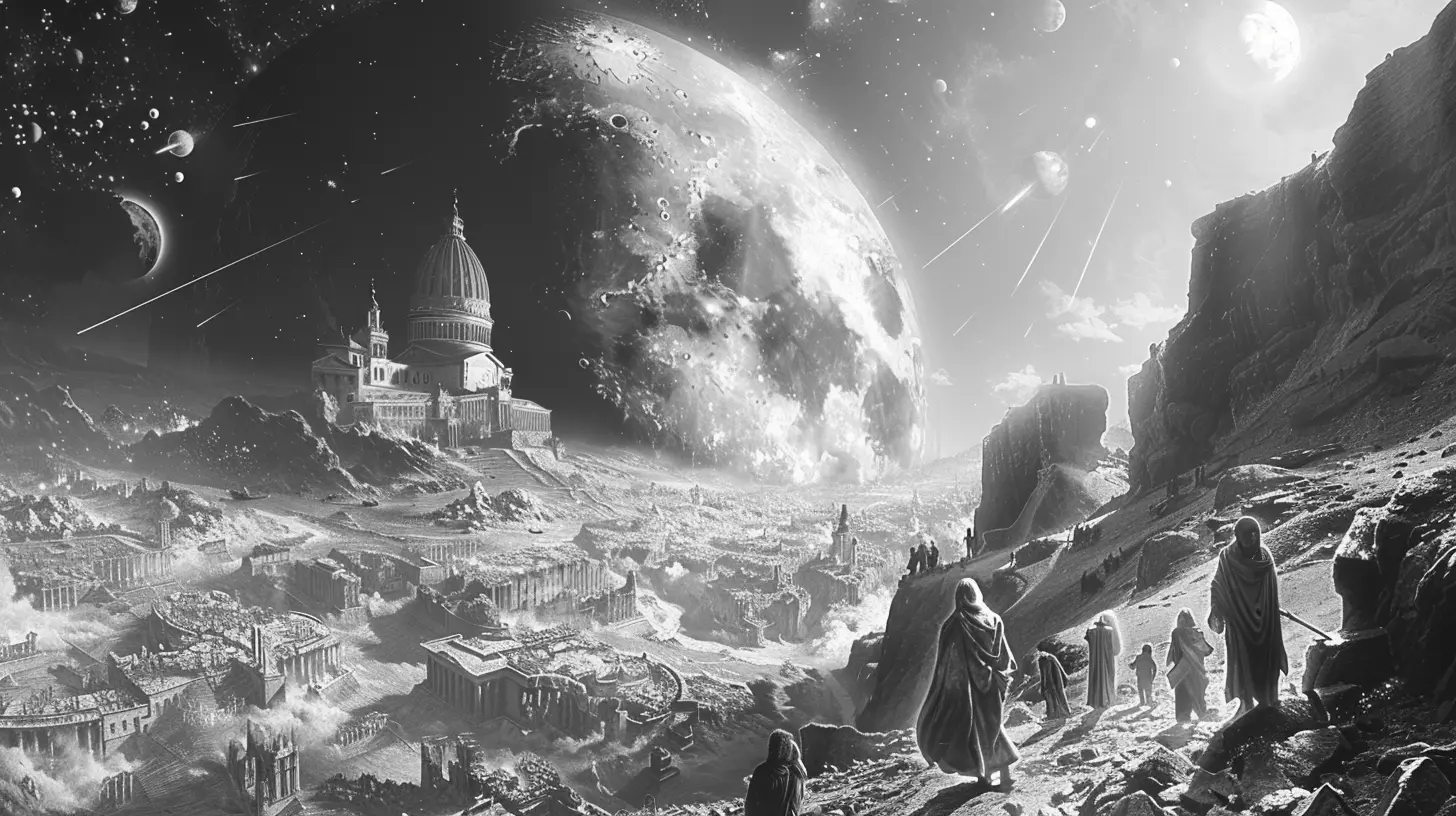
The Birth of the Scientific Method: The Real Game-Changer
If we had to crown the single most important legacy of the Scientific Revolution, it would be the scientific method.Let’s face it: before this method came around, people believed in all sorts of bizarre things—bloodletting to cure disease, astrology to predict fate, and even magic.
The scientific method changed that by introducing a systematic way to test hypotheses. Observation, measurement, experimentation, analysis, repeat.
It’s kind of like baking a cake. You don’t just throw in a bunch of stuff and hope for the best. You follow a recipe. Science gave us that recipe for understanding the universe.
This shift led to more than just cool gadgets—it altered the very way we think. It taught us to challenge assumptions, gather evidence, and never stop questioning.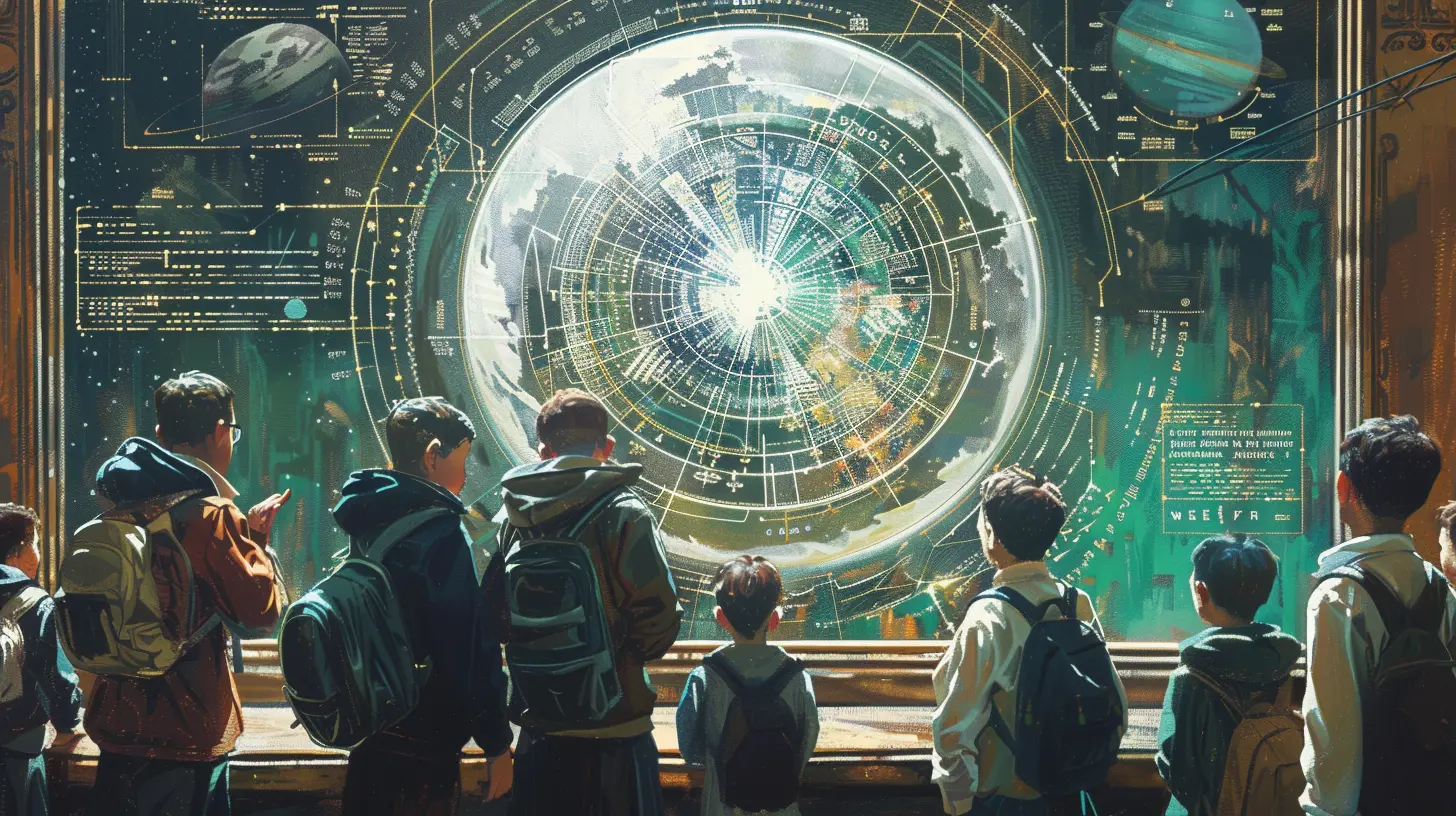
Human Progress: A Rocket Fueled by Science
When we talk about progress, what do we mean?Is it longer life? Better technology? Deeper understanding of the universe? Improved quality of life?
Whatever definition you go with, the Scientific Revolution plays a lead role.
Let’s break it down:
1. Medicine: From Bloodletting to Brain Surgery
Before science got involved, healing was more guesswork and voodoo than actual medicine. Because of the revolution, anatomy was studied seriously. Bodies were dissected. Disease was investigated under microscopes.Fast-forward to today, and we’ve got vaccines, antibiotics, organ transplants, and real treatments for diseases that used to wipe out entire populations.
Science didn’t just save lives—it fundamentally transformed our relationship with illness, mortality, and the human body.
2. Technology: From Telescopes to Tesla Cars
Think about the phone in your pocket. GPS, social media, AI—all of it traces back to foundational ideas from the Scientific Revolution.Instruments like the telescope and microscope opened up micro and macro worlds we didn’t even know existed. Over time, that curiosity evolved into computing, robotics, space exploration, and renewable energy.
Now we’re talking about landing on Mars and developing quantum computers. That’s science doing what it does best—pushing boundaries.
3. Education: From Memorization to Innovation
Education used to be about religious instruction and rote learning. The Scientific Revolution brought in critical thinking, inquiry, and evidence-based knowledge.Universities redesigned their curricula. Books were published in the vernacular, not just Latin. Knowledge became accessible (well, a bit more than before, at least).
This shift turned students into thinkers and laid the foundation for the Enlightenment, which further fueled political and social progress around the world.
A Ripple Effect Across Society
What’s wild is that the Scientific Revolution didn’t just upgrade labs and textbooks—it transformed society itself. Let’s take a wider lens.Politics and Power
Rational thought led people to question not just religious dogma but also monarchies and unjust systems of power. Eventually, these ideas fed into democratic movements.You don’t get the French Revolution or the American Declaration of Independence without earlier revolutions in thought, and science lit that spark.
Art and Architecture
Even the arts felt science’s touch. Artists started incorporating mathematical perspectives in their work. Architecture became about symmetry and structural integrity, influenced by geometric principles.Economic Growth
New technologies born from scientific inquiry made agriculture more productive, manufacturing faster, and transportation more efficient. This fueled capitalism and global trade, laying the foundation for the Industrial Revolution.Was It All Sunshine and Telescopes?
Let’s not get too romantic. The Scientific Revolution wasn’t perfect.It was exclusionary—women and people outside of Europe were largely left out of the conversation. Some scientific advancements were later used for war and exploitation (hello, nuclear weapons and colonialism).
Also, science doesn’t exist in a moral vacuum. Just because we can do something, doesn’t mean we should—something we’re still grappling with today.
And yet, even with its flaws, the Scientific Revolution set the gears of human progress in motion. It gave us the tools—but not all the answers. That’s our job now.
Echoes of the Revolution in Modern Times
Look around. We’re living in the future the Scientific Revolution made possible.Vaccines that stop global pandemics. Satellites orbiting Earth. Artificial intelligence that can write poems or drive cars. Genetic editing that might eliminate inherited diseases.
All of that traces back to a time when brave minds decided to look through a telescope and ask, “What if everything we believe is wrong?”
And the best part? The revolution never really ended. We’re still in it. Because science, at its core, is a never-ending journey—a curious toddler tugging at the edge of reality, always asking “Why?”
Final Thoughts: The Revolution That Never Slept
If the Scientific Revolution taught us anything, it’s this: knowledge isn’t static, and truth isn’t handed down from on high. You have to dig for it. Test it. Sometimes even bleed for it.It redefined what it meant to be human—not just physically, but intellectually. It empowered us to not just survive, but to thrive. To dream bigger, reach farther, and think deeper.
So next time you scroll on your smartphone, step onto a plane, or recover from an illness thanks to modern medicine, give a silent nod to those early scientists who dared to question everything.
Because they didn’t just change science. They changed us.
all images in this post were generated using AI tools
Category:
History LessonsAuthor:

Olivia Chapman
Discussion
rate this article
1 comments
Juniper Adkins
Scientific Revolution: a catalyst for transformative change.
September 6, 2025 at 3:07 AM

Olivia Chapman
Absolutely! The Scientific Revolution fundamentally reshaped our understanding of the world, driving innovation and progress across multiple disciplines, ultimately transforming society and human potential.
